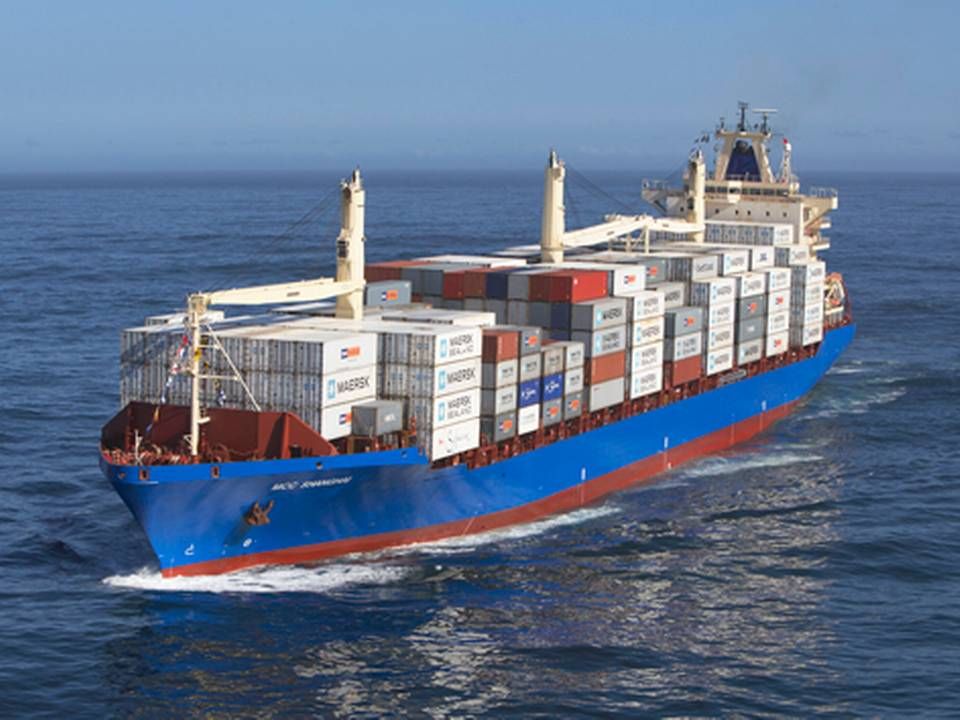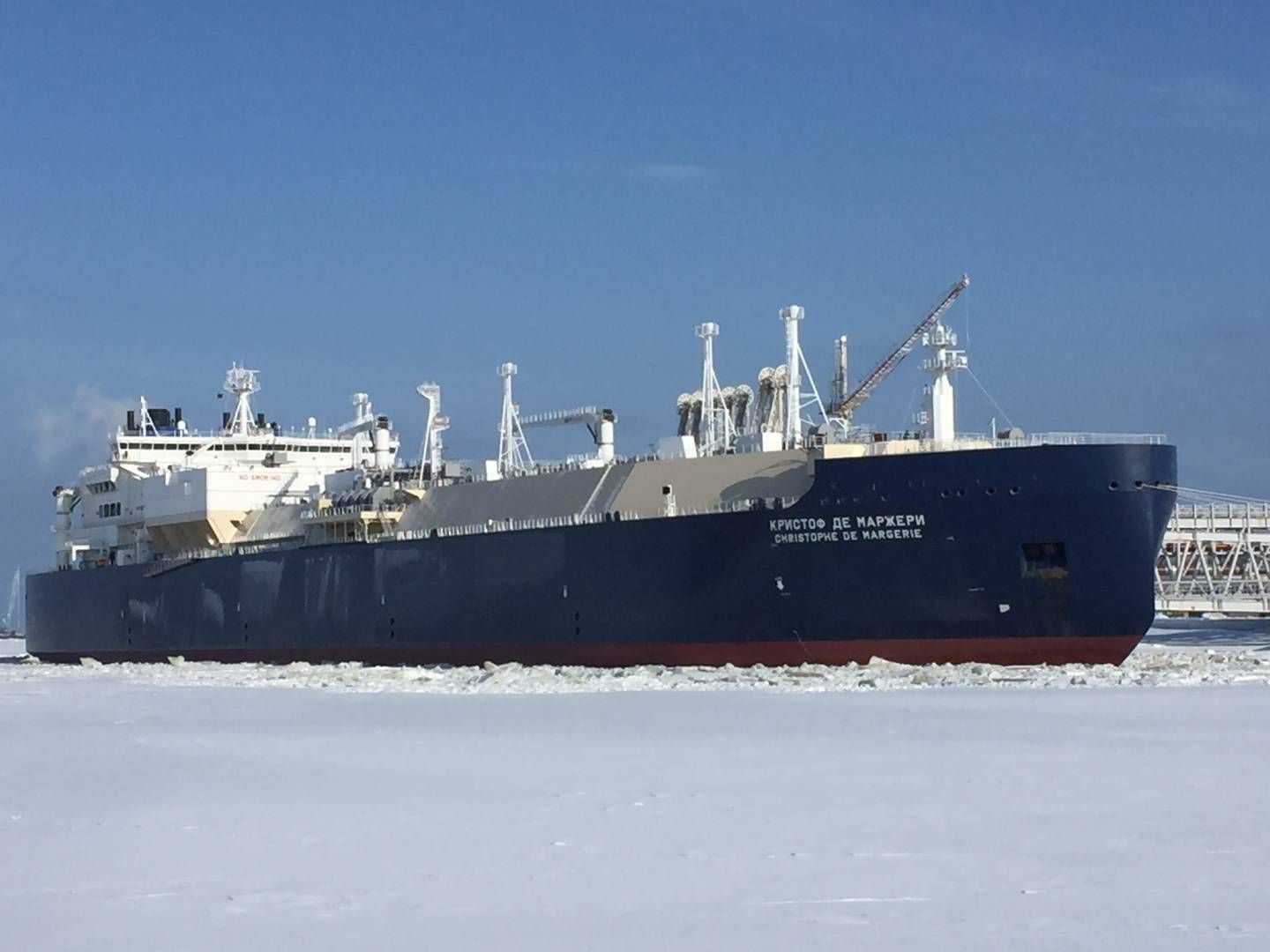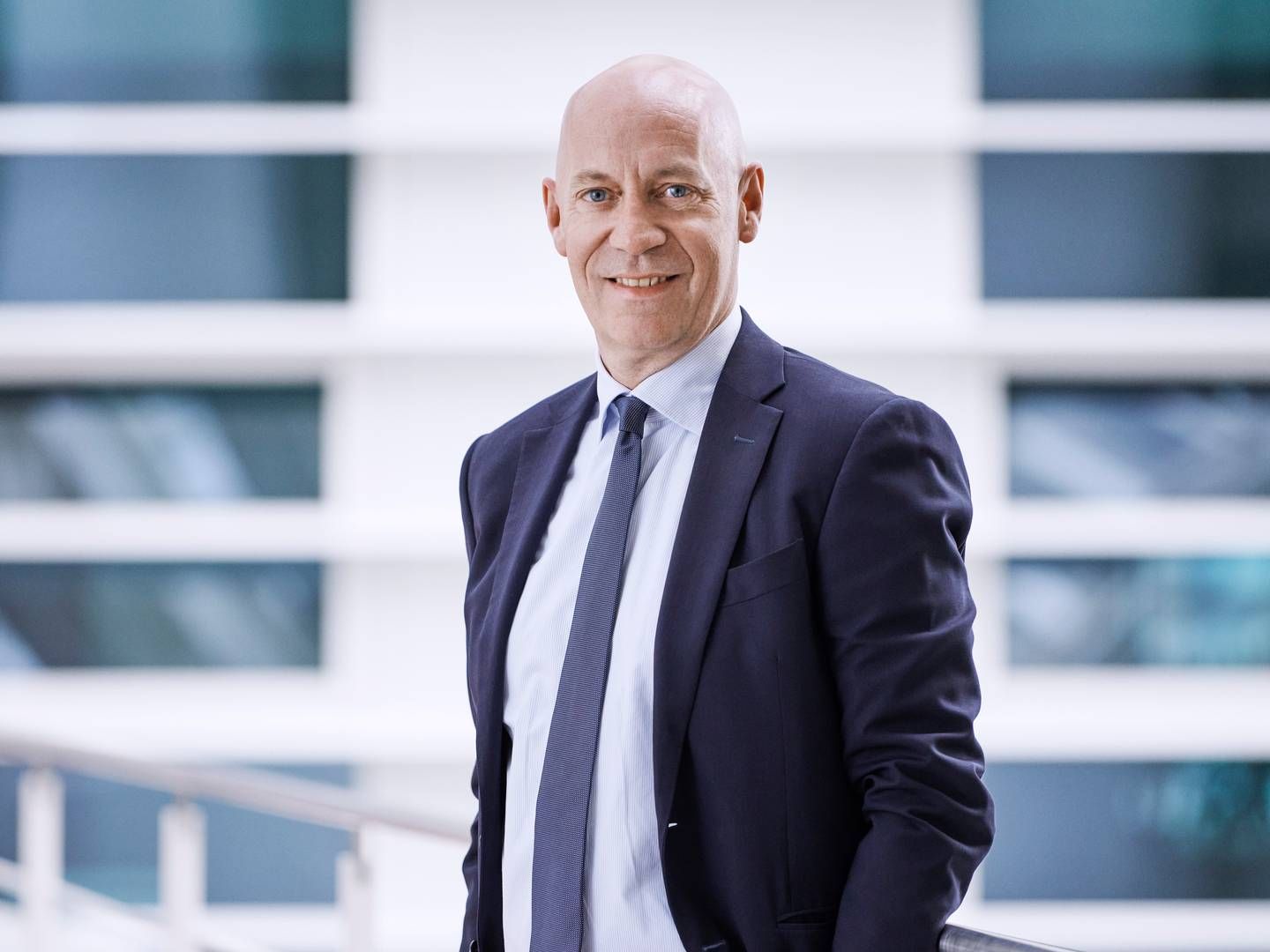First time since high school without a Maersk business card
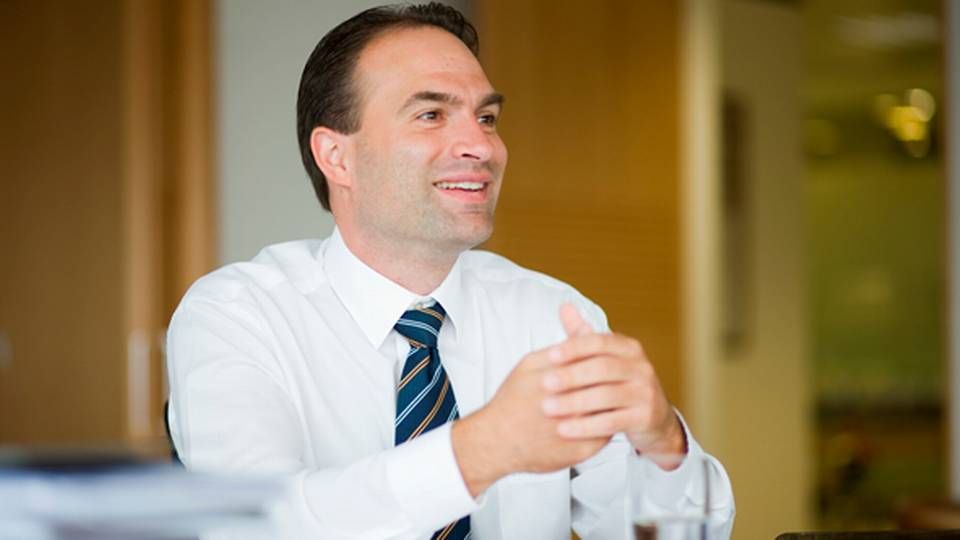
It would probably be too dramatic to ask if there is a life after Maersk, but 46-year-old Tim Wickmann will at any rate try what it feels like to not have a business card at hand with Maersk's characteristic light blue logo or MCC's dark blue colors.
Because – in news that came as a surprise to many observers – the optimistic CEO of Maersk Line's intra-Asian feeder carrier, MCC, has opted to leave the company when he this October steps down as CEO, leaving the reins to successor Bo Wegener, who joins MCC from a position as managing director of Maersk Line in Singapore. Both moves are part of a larger reshuffle which will also see Rupesh Jain take over as head of Maersk Line in Singapore.
Yet, there is something remarkable about Wickmann leaving the world's largest container carrier and a career at Maersk, which began in August 1990, the same summer he graduated from high school in Roskilde, Denmark. Since then, things have been more or less obvious, and he has not had to indulge in existential considerations about his choice of career, which began in Copenhagen, went via Argentina and South Korea and now ends in Singapore, where Wickmann has spent nine years as chief executive of MCC.
New mission statement
He says that the departure follows from a mutual agreement, which became the conclusion that emerged after the mission statement set out when he joined the carrier was completed, and a new mission statement now awaits. The original goal was "to establish Maersk in the intra-Asian market as a significant and profitable player."
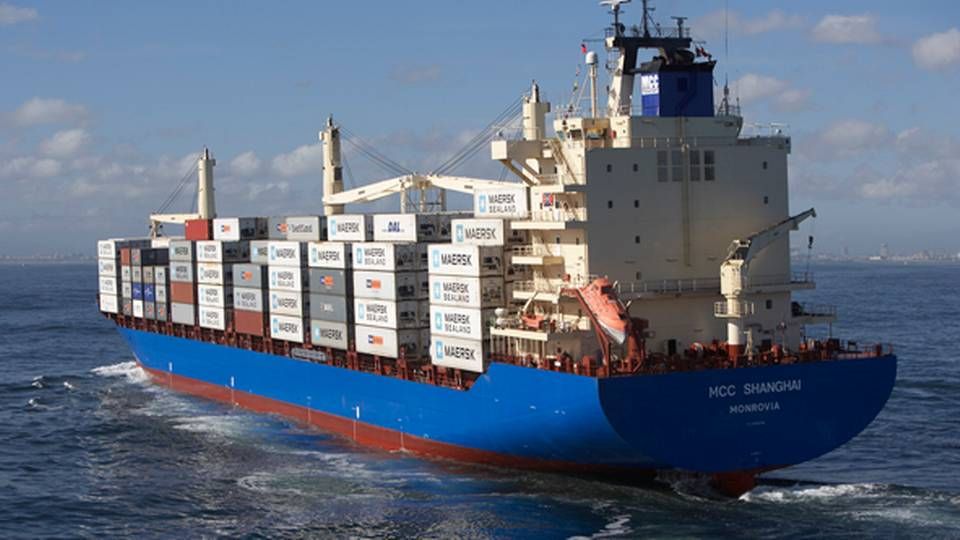
"I'm proud of what MCC has accomplished in those nine years. In 2016 we were the most profitable and the biggest carrier measured in capacity in the market. Now it's time to look at a new mission statement, and I thought about whether it should be me heading this process. We then agreed that it was time for some new inspiration for MCC as well as for me, and this led to me now trying something completely different," says Wickmann.
He is married to a South Korean and is one of the few in the Maersk Group who speaks the language, but whether he will join a South Korean company next, remains unknown at this time. Though he has already received several offers, and there have been several tentative feelers out which he declines to comment on, his only plans for now is to take a trip to New Zealand in December with his 19-year-old son, who has been accepted to university in Australia. The trip will then go to South America in February next year.
Brewing since January
His decision has been brewing since January this year, he explains, as he was starting to note a desire to try something new. He will leave an Asian carrier which was described as Maersk's cash cow just a few years ago, and which despite the crisis in shipping has managed to stay profitable. MCC became the first, and thus the role model, in the series of regional feeder carriers established by Maersk Line in the time since. First came Seago Line in Europe and then Sealand in the US.
"Right now I have no plans in terms of new job opportunities. When you reach a certain level, you don't see a flood of VP titles coming your your way. But it could be something in the transport sector. But at first I'd like to try something completely different," says Wickmann.
Since he took over as CEO in 2008, MCC's fleet has grown from 23 to 89 vessels, and the region covered by the carrier now stretches from Russia's Vladivostok in the north to Indonesia in the south and Bangladesh to the west. The economic growth in Asia is about double the global growth, or around 3-4 percent, but this is significantly less than just a few years ago, and a series of completely new players have emerged, such as Chinese SITC.
"I've spent 26 years in shipping, and more has happened in the past year than in the other 25 years combined," said Wickmann in an interview with ShippingWatch in late 2016.
From August 1 and three months forward, he will travel around with his successor to visit customers and introduce the new MCC chief executive. He will then take a break until May next year, after which the future, as it looks now, will show what happens after that.
English Edit: Daniel Logan Berg-Munch
Maersk Line in major CEO reshuffle in Singapore
Four-point plan key to continued MCC profits
Related articles
Maersk Line in major CEO reshuffle in Singapore
For subscribers
Four-point plan key to continued MCC profits
For subscribers
MCC targets Asia's new market Myanmar
For subscribers


